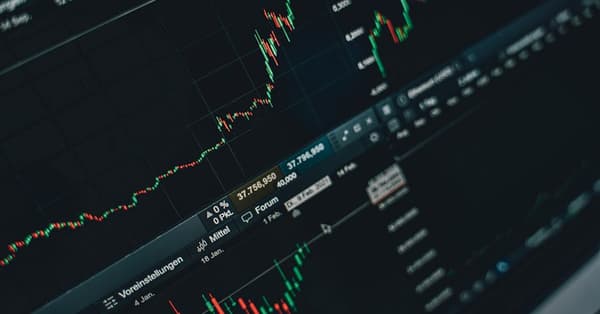Legal Implications of Forking PancakeSwap Contracts
Explore the complexities of forking PancakeSwap contracts and the legal challenges developers face in the thriving BSC ecosystem. A must-read for traders!
The rise of decentralized finance has led to a staggering $15 billion in daily trading volume on the Binance Smart Chain (BSC) as of October 2023. PancakeSwap proudly stands as a leading decentralized exchange (DEX) within this vibrant ecosystem.
As more developers dive into the exciting world of forking PancakeSwap contracts to launch their own platforms, it’s essential to grasp the legal landscape that comes along with it. Recent lawsuits and increasing regulatory scrutiny underscore the need for clarity in this fast-paced environment.
In this article, we’ll unpack the legal implications of forking PancakeSwap contracts, explore real-world examples, and offer practical insights for developers looking to navigate these waters successfully.

Forking is a fundamental concept in blockchain development, referring to the process of creating a new version of a blockchain or smart contract based on an existing one. This can be broken down into two main types: soft forks and hard forks.
Traditionally, forking has been employed to implement upgrades or introduce new features in a blockchain, but it also raises a host of legal questions around intellectual property and copyright that developers need to consider.
Forking PancakeSwap means duplicating its smart contracts and tweaking them to align with new goals. Developers usually require specific tools like Solidity for smart contracts, plus a good grasp of how PancakeSwap operates.

Resources such as [link: GitHub] and developer communities on [link: Discord] are invaluable for anyone embarking on this exciting journey.
The legal framework governing forking often centers on copyright and intellectual property rights. Smart contracts can fall under copyright laws that safeguard original code, making it crucial for developers to be aware of these regulations.

Real-world case studies highlight that neglecting these laws can lead to lawsuits, which emphasizes the importance of staying informed.
Most open-source projects, including PancakeSwap, are released under licenses like MIT or GPL. Grasping these licenses is vital as they dictate how code can be utilized or modified.
Using licensed code improperly can lead to legal trouble, especially if the forked project misrepresents its origins. So, tread carefully!

The global regulatory landscape for DeFi is tightening up, particularly in key areas such as the EU and the US. These regions are rolling out more rules to safeguard investors and ensure compliance.
As of October 2023, many DeFi projects are under increased scrutiny, making it essential for developers to stay on top of these changes to avoid potential pitfalls.
Tags:
Ready to Make Profitable Crypto Calls?
Check out our proven track record on the leaderboard
View Leaderboard →Related Posts
Is a $2 Billion Bitcoin Bet Opening Doors for Meme Coins?
Discover how a Bitcoin whale's massive investment could signal a new wave of opportunities in the meme coin market. Don't miss out on this insight!
Is MOBOX Leading the Blockchain Gaming Revolution in 2023?
Discover how MOBOX is shaping the blockchain gaming landscape amid a 340% rise in games this year. A must-read for every crypto enthusiast.
Understanding Token Burning on Binance Smart Chain
Curious about BSC's token burning? Discover how it impacts value and investor sentiment in this insightful look at deflationary tokenomics.
The Rise of Meme Coins: What’s Fueling the Surge?
Join us as we explore the explosive growth of meme coins like $PEPE and $DOGE. Discover why they're captivating traders worldwide.
Mastering Japan's Crypto Rules & Meme Coin Trends
Stay ahead in crypto! Explore Japan's new reserve rules and strategies for trading meme coins like SOL. Equip yourself for success in this dynamic market.
Unlocking Arbitrage: Flashloans in the BSC Boom
The Binance Smart Chain is witnessing a flashloan explosion! Discover how traders are capitalizing on new arbitrage opportunities amid rising volatility.